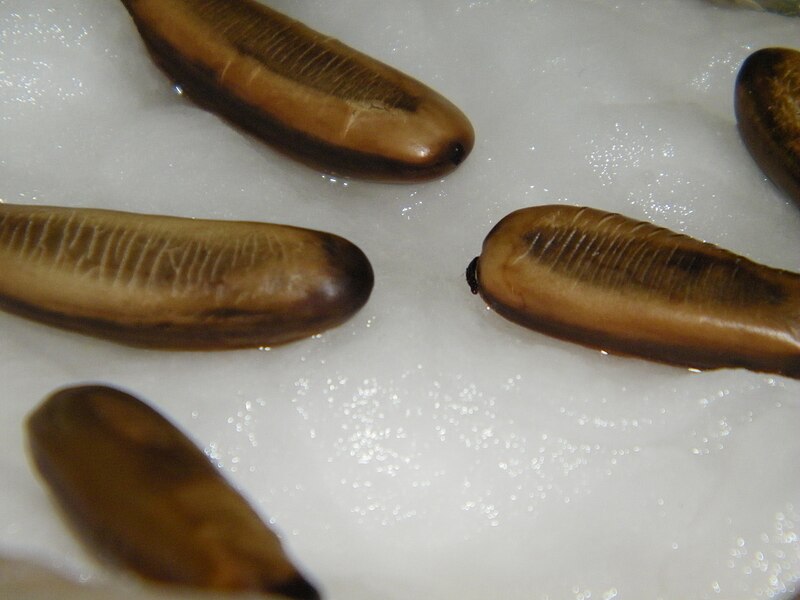 ''Those who have spoken Latin and have used the language correctly do not give to the word humanitas the meaning which it is commonly thought to have, what the Greeks call φιλανθρωπία (philanthropy), signifying a kind of friendly spirit and good-feeling towards all men without distinction; but they gave to humanitas the force of the Greek παιδεία (paideia); that is, what we call eruditionem institutionemque in bonas artes, or "education and training in the liberal arts. Those who earnestly desire and seek after these are most highly humanized. For the desire to pursue of that kind of knowledge, and the training given by it, has been granted to humanity alone of all the animals, and for that reason it is termed humanitas, or "humanity".''
''Those who have spoken Latin and have used the language correctly do not give to the word humanitas the meaning which it is commonly thought to have, what the Greeks call φιλανθρωπία (philanthropy), signifying a kind of friendly spirit and good-feeling towards all men without distinction; but they gave to humanitas the force of the Greek παιδεία (paideia); that is, what we call eruditionem institutionemque in bonas artes, or "education and training in the liberal arts. Those who earnestly desire and seek after these are most highly humanized. For the desire to pursue of that kind of knowledge, and the training given by it, has been granted to humanity alone of all the animals, and for that reason it is termed humanitas, or "humanity".''
Pursuing authenticity might lead to Sartre's "absolute freedom" &"the illusion of individuality" downhill to Utopian ideology or a positive outcome of enlightened and informed motivation.
"Fact creates norms, and truth illumination." Werner Herzog
Where the Lady with the mirror and the serpent lives?


